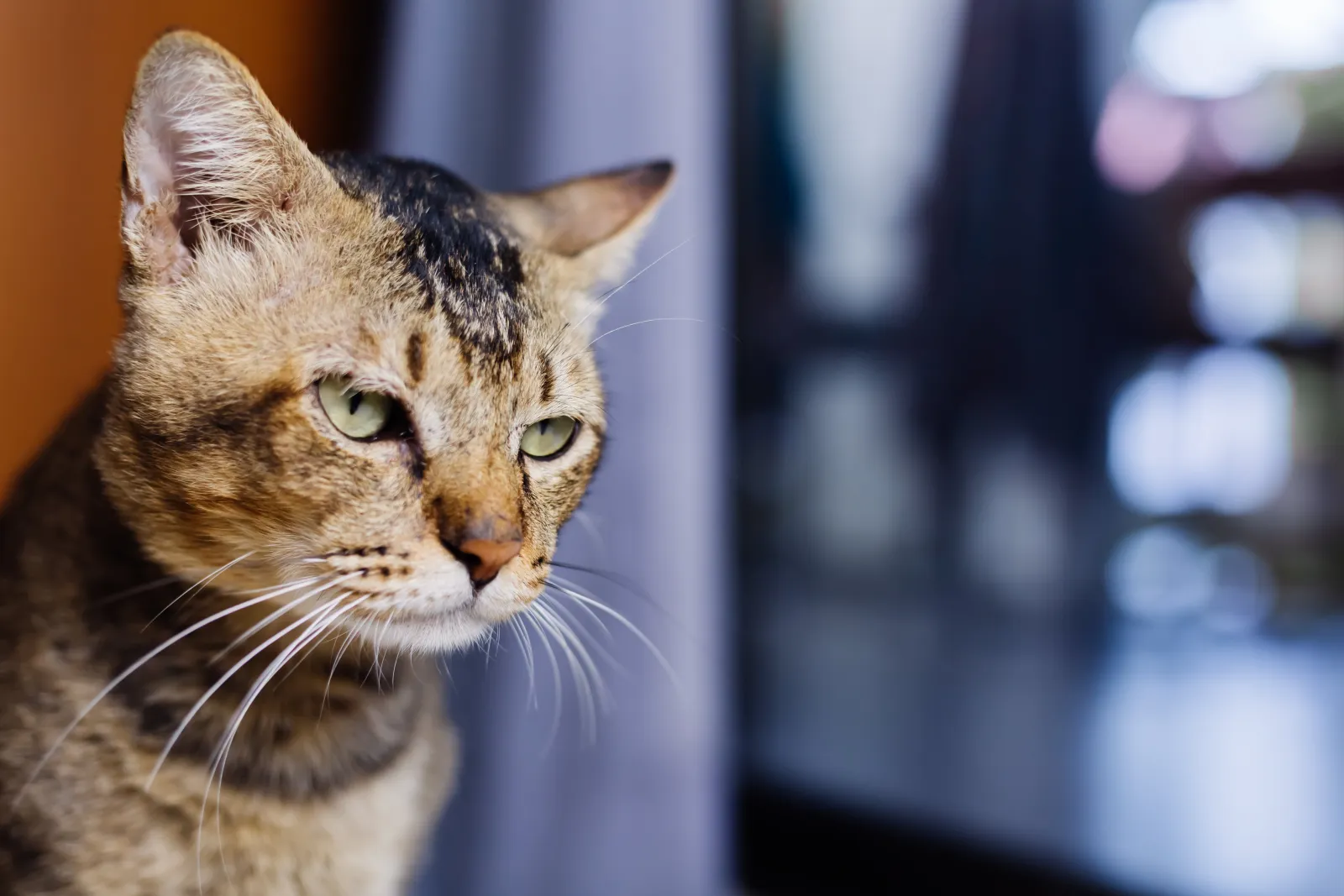How to Help a Depressed Cat?
Cats are not just our pets; they are cherished companions that weave into the fabric of our lives. Just like humans, our feline friends can experience mental health challenges, including depression. Recognizing the signs, understanding the causes, and actively bonding with your cat is crucial to ensure their well-being.

Cat Mental Health: An Overview
While it's easy to assume that our furry friends live carefree lives, the reality is that they, too, can be affected by mental health issues. Feline depression is a legitimate concern, and as responsible pet owners, it is up to us to be attuned to the well-being of our cats.
Bonding With Your Cat: A Therapeutic Connection
One of the most effective ways to support a depressed cat is by strengthening your bond with them. Cats are highly social animals, and the quality of their relationships, whether with fellow felines or their human companions, significantly impacts their mental health. Spend quality time engaging in activities your cat enjoys, such as interactive play, grooming sessions, or sitting quietly together. The warmth of your presence can work wonders in lifting their spirits.
Feline Depression Signs: Understanding the Cues
To provide the necessary help, it's crucial to recognize the signs of feline depression. Cats don't express how they feel the way humans do, but there are subtle cues that indicate a change in their mental state. Some common signs of cat depression include:
- Withdrawal: If your once sociable cat becomes unusually distant, avoids interaction, and isolates itself, it could be a sign of depression.
- Changes in Appetite: A significant shift in eating habits, whether an increase or decrease in appetite, can indicate emotional distress.
- Lethargy: Depressed cats may be uninterested in activities they once enjoyed, becoming sluggish and unresponsive.
- Excessive Grooming or Neglecting Grooming: Changes in grooming behavior, such as excessive licking or neglecting their fur, may signal emotional distress.
- Vocalization Changes: Unusual vocalization patterns, including increased meowing or complete silence, can be a cry for help.
Cat Depression Causes: Unraveling the Mystery
Understanding the root causes of feline depression is crucial in developing effective strategies to help your cat. Several factors can contribute to a cat's emotional downturn:
- Changes in Environment: Cats follow routines and prefer consistency daily. Unexpected modifications to a cat's living space, such as moving to a different residence or rearranging furniture, can lead to stress and depression. This underscores the significance of maintaining a stable and familiar environment for the emotional well-being of cats.
- Loss of a Companion: Cats form strong bonds with their fellow felines or other pets—losing a companion, whether due to death or separation, can lead to profound sadness.
- Lack of Stimulation: Cats thrive on mental and physical stimulation. Boredom and a lack of environmental enrichment can contribute to feelings of depression.
- Medical Issues: Underlying health problems, such as pain, can manifest as changes in behavior. Ensuring a visit to the veterinarian is crucial to eliminate any possible medical causes.
Our cats bring much joy into our lives, and we are responsible for reciprocating that love by caring for their mental well-being. By actively bonding with your cat, recognizing feline depression signs, and understanding the underlying causes, you can create a supportive environment that considers their emotional health. Remember, a happy cat reflects a harmonious bond between pet and owner. If you need help, have questions, or are concerned about an underlying medical issue, schedule an appointment today.


